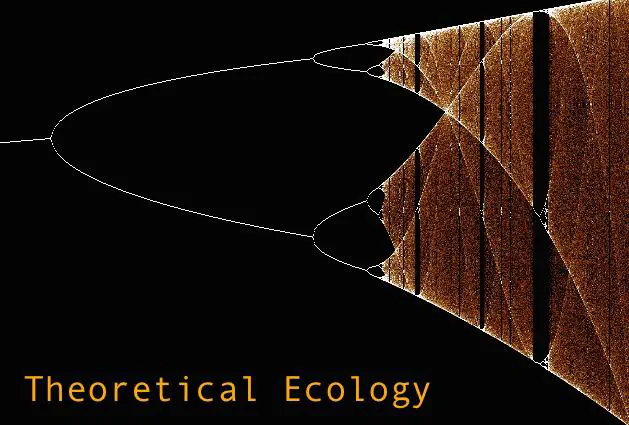Theoretical Ecology (IB592)

Undergraduate students who are interested in participating in this course should email me with a brief summary of their interests and goals for taking part.
Course description
This course entails a quantitative treatment of the central concepts and applications of theoretical ecology. Emphasis is on the mathematical analysis and modeling of single populations and multi-species interactions, and the integration of models with data. Topics include discrete- and continuous-time models of population growth, stochastic and deterministic processes of unstructured populations, the sustainability of harvested populations, numerical and analytical investigations of population and community invasibility and stability, and an introduction to model-fitting and comparison in an information-theoretic framework.
Course objectives
Our goals will be to (i) peel away at any apprehensions of mathematical equations you may have, (ii) enable you to independently interpret the classic and modern literature of theoretical ecology, and (iii) enable you to apply analytical and simulation-based approaches in evaluating ecological questions of your own interest and communicate these to an audience of your peers. You’ll complete the course with a working knowledge of R and Mathematica.